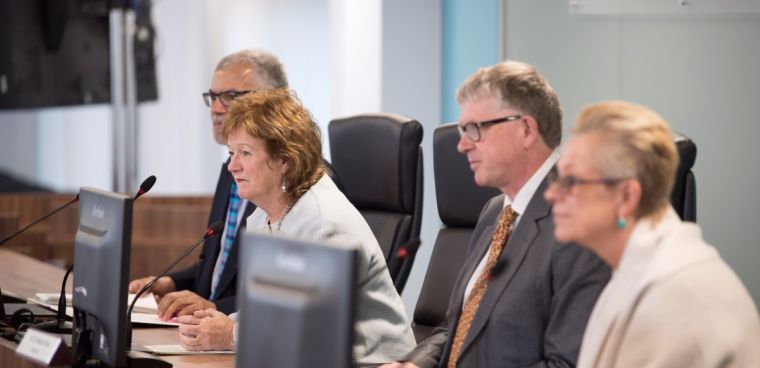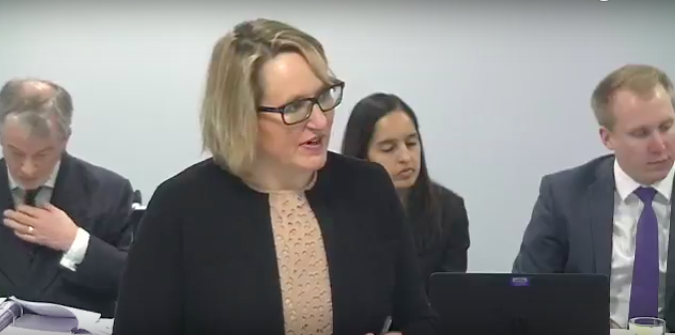Church of England made 'conscious effort to treat survivors badly', inquiry hears
The Church of England's treatment of abuse victims is more 'malign' than the Catholic Church because it 'required a conscious effort to treat survivors badly', an inquiry heard today.
The independent inquiry into child sexual abuse has been examining how the diocese of Chichester dealt with allegations of child sexual abuse as a case study for the wider CofE.
It has heard heard damning evidence of the Church's culture of deference that meant allegations against priests went unreported, how the Church's attitude to homosexuality affected it's response to abuse, how clergy repeatedly burned potentially crucial files in the belief it was important to 'wipe the slate clean' and how child victims were made to feel responsible for their abuse.

David Greenwood, a solicitor for a number of abuse victims in Sussex, said the 'Anglican Church has proved itself incapable of self governance' in the case of child abuse by its own priests.
He compared the Church of England's handling of abuse allegations with the Catholic Church, which is influenced by a papal decree known as Secreta Continere, handed down in 1974, which has imposed strict secrecy on the investigation of child abuse allegations within the church.
'The evidence demonstrates the Church's institutions have worked in concert to resist cases [of abuse],' Greenwood said in his concluding statement this morning.
'It could be said that the Catholic Church's more brazen approach to resisting cases due to their written rules on secrecy is actually less malign than the Anglican resistance which has required conscious effort to treat survivors badly.'
Describing a 'catalogue of lamentable failure in Chichester and at a national level', he said: 'Personally I would not want my son to spend a moment in the company of a member of this organisation.'
He added: 'It is an organisation which were it a school would have been closed down a long time ago.'

Richard Scorer, a solicitor from Slater & Gordon who also represents a number of the survivors involved, said attitudes of misogyny and a tendency to cover up were still present in the Church.
'This Church has deep seated cultural and structural problems. Changing them if they can be changed at all will take generations. Safeguarding is far too urgent for that.
'So we say that we need something much more radical,' he said and called for the Church's safeguarding operations to have independent oversight.
'There is a deep seated lack of survivor confidence in the situation as a whole,' he said and added the Church needed 'legal compulsion' to change.
'We can't have the Church marking its own homework but it equally will not be good enough and won't be effective if we end up with a situation where the homework is being marked by somebody else but the Church is still choosing the marker and the Church still gets to decide the terms on which they are doing the marking.
'It has to be genuinely independent.'
The inquiry will return in July for a week of hearings into the former bishop of Gloucester and Lewes, Peter Ball, who was jailed for 32 months in 2015 for a string of abuses against young men and teenagers and for misconduct in public office.
A final hearing will be held into the Church of England more generally in 2019.











